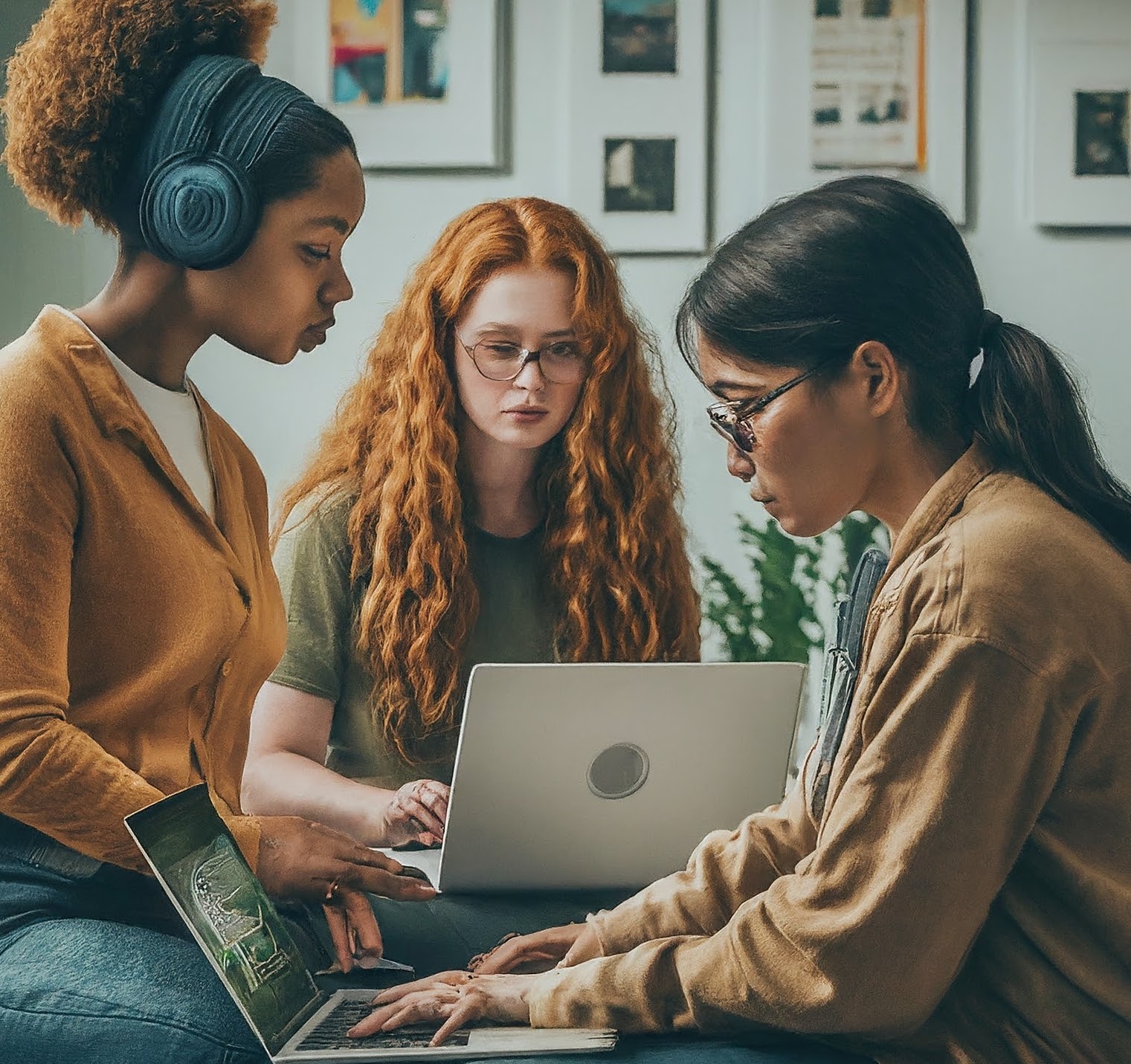Generating Safer Artificial Intelligence

Today is the 20th anniversary of the launch of Safer Internet Day – celebrated every year since 2004 on the second Tuesday of February. While it emerged as an idea and project of the EU, it has spread to over 170 countries and is the world’s largest single-day event focused on online safety and the positive use of digital technologies.
The concerns and opportunities discussed at the first Safer Internet Day reflected the Web 1.0 world we were then living in. This mostly centered on access to adult content, violent images, and the emerging phenomenon of cyberbullying. This was before the rise of social media, user-generated content as well as camera phones. The transformation to what we now call Web 2.0 came with the launch of the iPhone, high-speed Internet, and the explosion of Facebook and similar platforms in 2007. Our online safety strategies, technologies, and messaging to parents and kids had to be utterly rethought and rewritten.
And now in 2024, we are confronting yet another major shift – the dawning of the genAI era. Generative artificial intelligence burst into the public consciousness with the launch of ChatGPT in November 2022. It became the fastest-growing consumer software application in history and touched the lives of parents, teachers, and kids alike with over 180 million users and 1.6 billion visits in December 2023. And that’s not counting the numerous other genAI tools (such as Google’s Bard) that have also emerged over the past year or so, upending how we think about work, education, and creativity.

To get a handle on this new paradigm shift, we surveyed parents and their teenagers in the US, Germany, and Japan for a report we launched in November last year. We found some surprising results. Firstly, there was an unexpected level of optimism with a majority of parents in all three countries feeling positive about their teens’ use of genAI. Next, unlike earlier tech innovations such as social media or computer games, teens said that their parents knew more about genAI than they did. This is presumably because of the introduction of ChatGPT into the workplace and their parents’ early adoption of genAI tools for their jobs.
Indeed, parents overwhelmingly felt that genAI tools would be vital for themselves and their teens to remain competitive in school as well as in their careers. And 60% of parents said that genAI will augment or supplement humans in the workplace, but that there would still be a need for creativity that only humans can bring.
When asked about their major concerns, a majority of teens were worried about how genAI would enable and transform cyberbullying. We have already seen instances of this with teen girls’ faces edited into porn videos and then circulated throughout the school. On the other hand, parents were most concerned about the potential loss of critical thinking skills that could occur if ChatGPT, Bard, and others could simply create fully written essays with a few prompts.
Parents expressed a strong desire for transparency within these emerging tools – where does the information come from, how is it collated, is it true, etc. There are considerable concerns about both dis and misinformation, particularly in an election year. Not only can the voices and images of candidates be manipulated, but we are beginning to see politicians deny having said or done something caught on camera by falsely saying AI created it.
So the outlook for society and young people in particular is complicated on this Safer Internet Day. On the one hand, there has never been such a wealth of information and skills so readily available and almost entirely free (for now). But with this unprecedented level of power, there lie serious concerns about how genAI will be used or misused. Let’s use this 20th anniversary to do some deep thinking about the implications of this new technology and then take action to ensure that we are all safer and more empowered in the years to come.
Header image credit: “online safety”, Google Bard

 Stephen Balkam
Stephen Balkam